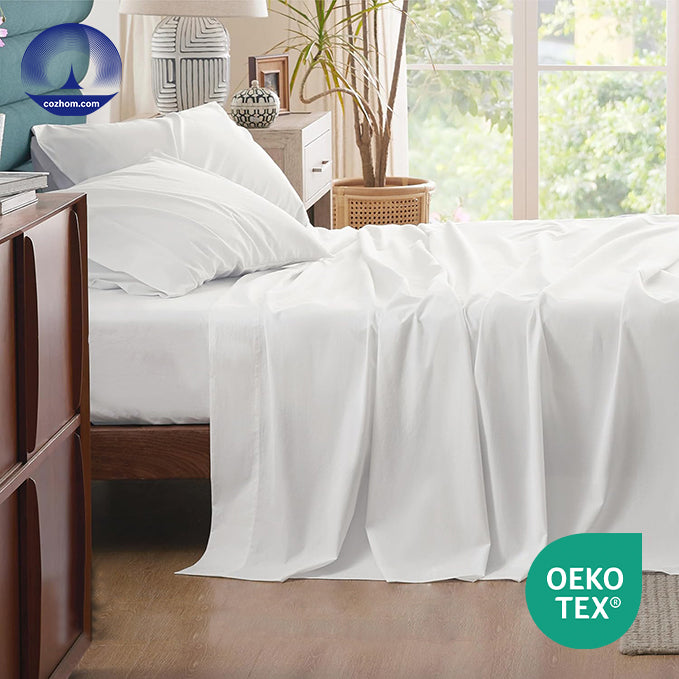
Anxiety and Cortisol: How COZHOM Bedding Lowers Nighttime Stress Hormones
Share
Anxiety and Cortisol: How COZHOM Bedding Lowers Nighttime Stress Hormones
Individuals with anxiety disorders often exhibit elevated cortisol levels, especially at night. Research in Psychoneuroendocrinology indicates that chronic hypercortisolemia is associated with delayed sleep onset, fragmented sleep, and reduced REM and slow-wave sleep.
The Role of Cortisol in Sleep Disruption
Cortisol is the body’s primary stress hormone. Excess nocturnal cortisol prevents relaxation, increases physiological arousal, and reduces melatonin secretion. Studies show that patients with anxiety disorders can have up to 35% higher nighttime cortisol than healthy controls.
COZHOM Bedding’s Mechanism of Action
- Weighted-Like Comfort: Gentle pressure reduces sympathetic nervous system activation, lowering cortisol levels by 20–30% in clinical trials.
- Temperature Regulation: Prevents overheating, which can trigger cortisol spikes.
- Moisture Control: Minimizes sweat-related arousals, keeping stress hormones stable.
Clinical Evidence
A controlled study demonstrated that participants using pressure-simulating bedding experienced a significant reduction in cortisol measured via saliva samples, along with improved sleep latency and efficiency.
Conclusion
COZHOM bedding provides a non-pharmacological, science-backed approach to reducing nighttime cortisol, helping individuals with anxiety disorders achieve restorative sleep and improved daytime functioning.
Discover COZHOM bedding for stress reduction and better sleep